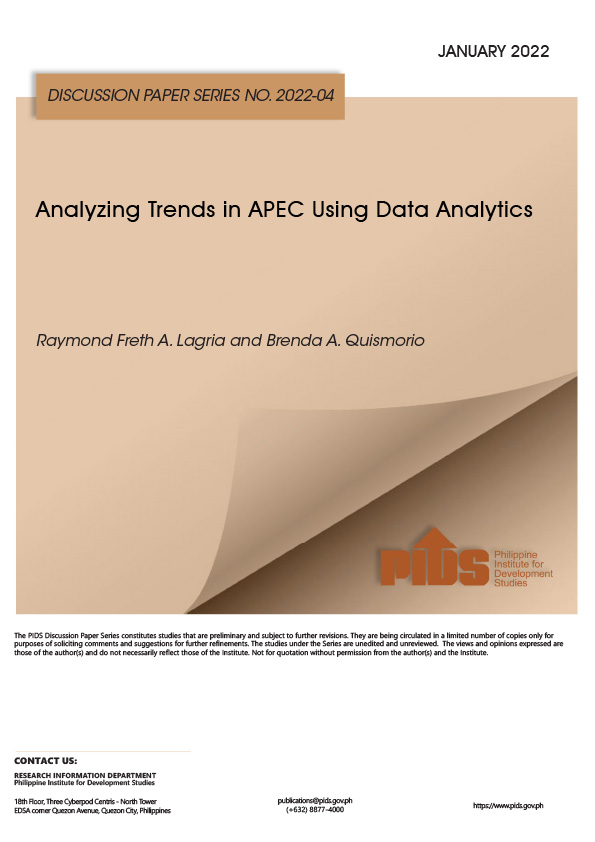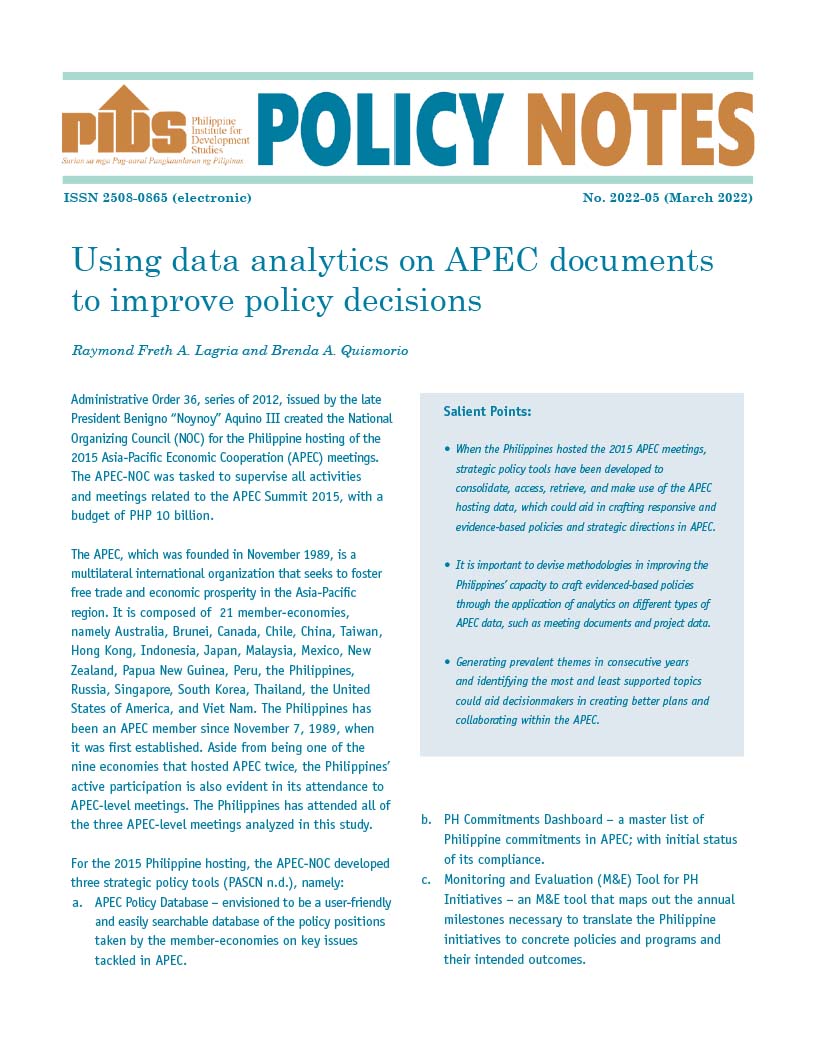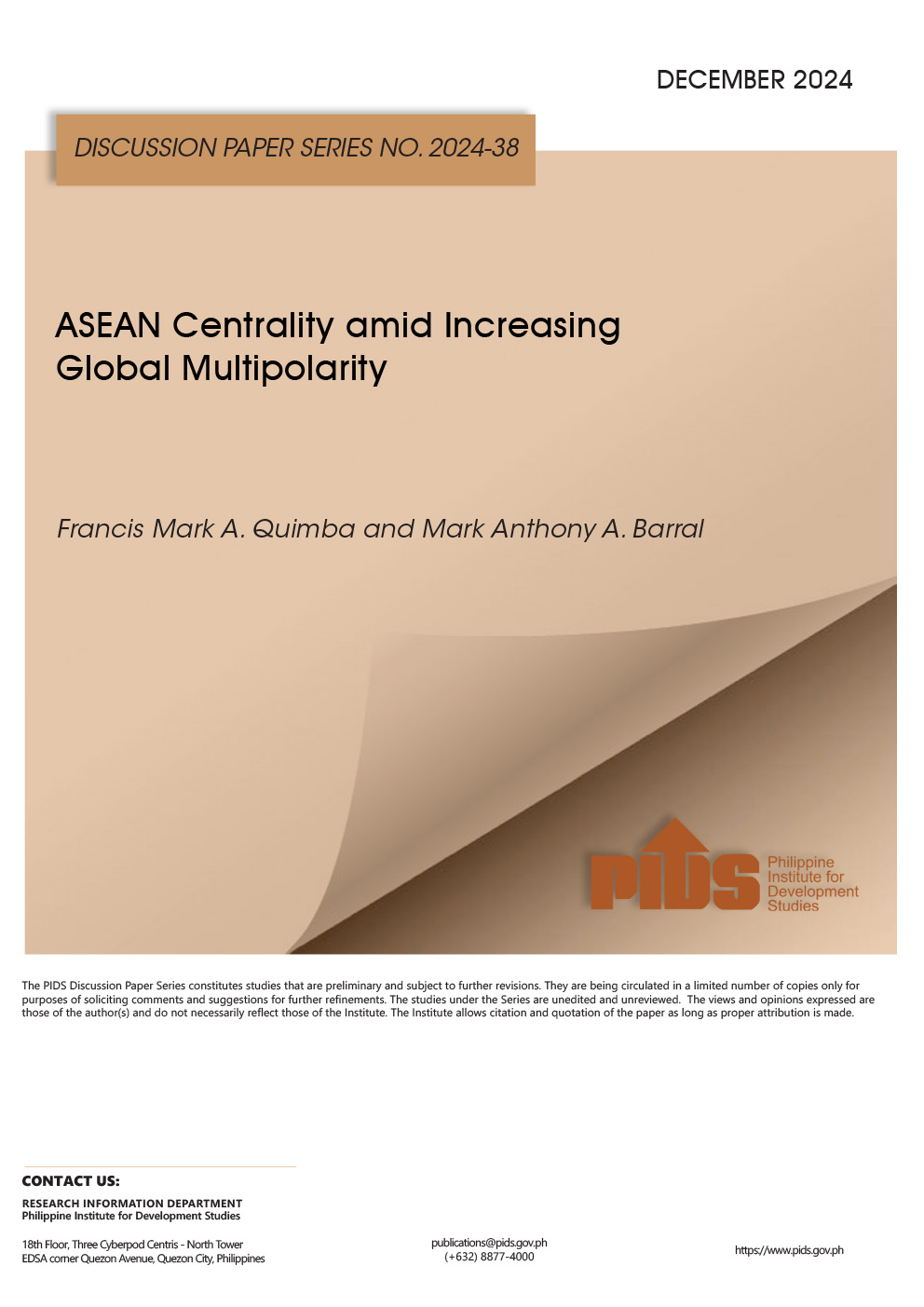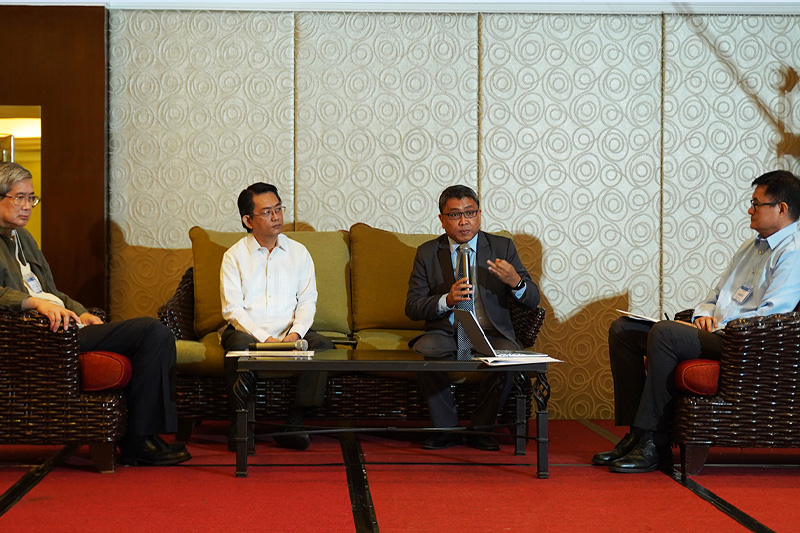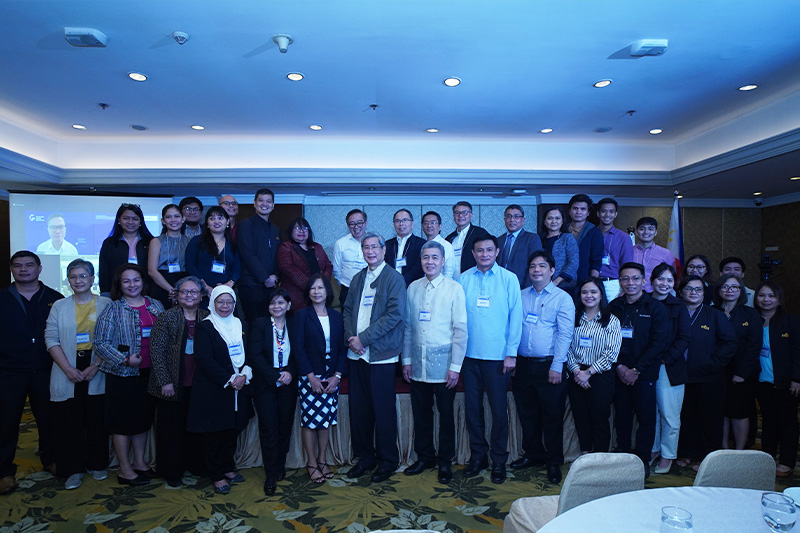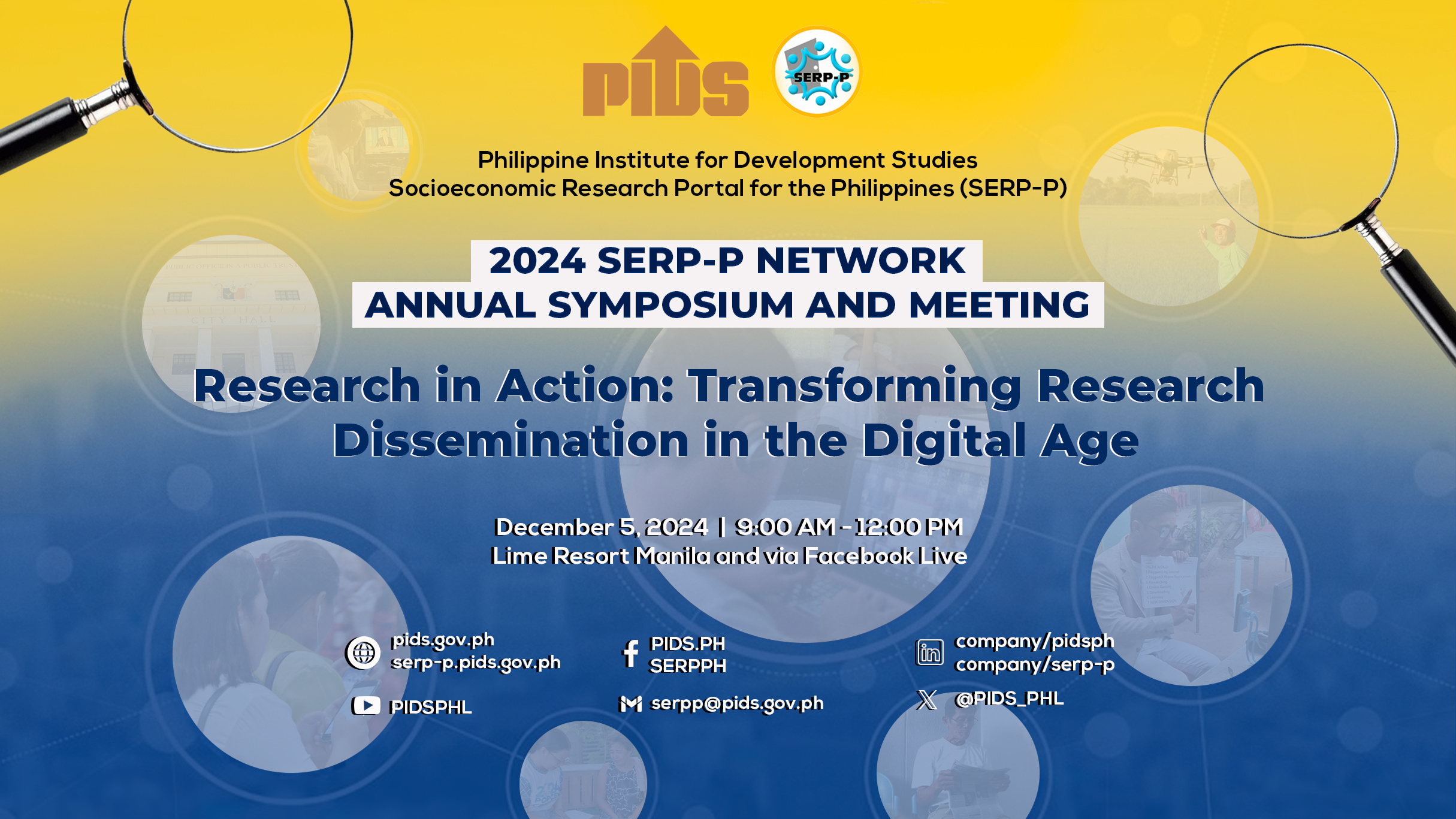The digital economy’s cross-border nature is crucial to its success.
This was one of the key points raised by Jeremille Raton, a digital advocate and business development manager for the Asia Pacific Region of Tiaxa, a Chile-based technology and data science company.
Raton, who served as a discussant during a webinar on digital taxation recently organized by state think tank Philippine Institute for Development Studies (PIDS), noted that the digital economy presents opportunities for Filipinos as it can create new sources of revenues, particularly for the government.
However, he noted that while taxing the digital economy is essential, having “continuous [and] free-flowing data between borders… is crucial for the development and maturity of the digital economy”.
He added that with the flexibility of data and its ability to grow and be replicated and transferred, new products and services will emerge, creating a ‘culture of innovation’ among people.
“It is to everyone’s advantage to have free access to data,” Raton said.
He suggested the ‘regulatory sandbox’ approach, where solutions can be created and tested, to regulate digital transactions without hampering growth.
“For me, we have so many regulations. We have [one on] data privacy, security… We have complete regulations. But what we can do is to create this regulatory sandbox to allow stakeholders to fail and succeed,” Raton explained.
He urged the government to create a conducive regulatory environment for the digital economy, where incentives, aside from penalties, are designed to “promote trust and confidence in moving [micro, small, and medium enterprises] to the digital space or the digital economy”.
Moreover, he stressed the need for a more harmonized and simplified government services to address the gaps in policy implementation and formulation concerning the digital economy.
In terms of imposing customs duties on electronic transmissions, Raton warned of its huge impact on the delivery of digital services, saying that it might “stifle the growth of the digital economy”.
“I think it will have a big impact if we decide to put duties on [electronic transmissions]… For example, in our company, we’re accessing telco data from different sources abroad and we’re using cloud services based in Asia-Pacific, America, and Europe. Anong ibig sabihin nun? Whenever we access this [data], there is a duty on that one,” Raton asked.
He also noted that recent government initiatives also rely on big data and the Internet of Things gathered from various sources.
Free flow of data across borders crucial to PH’s digital economy: exec

